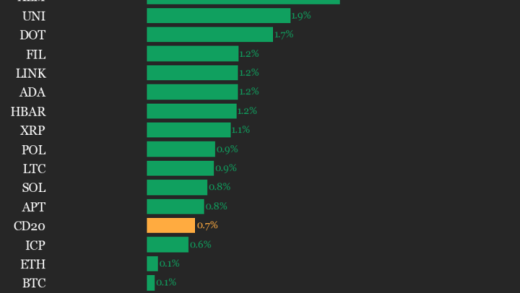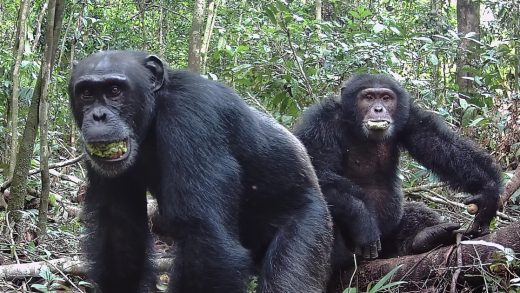Economy a top issue
The economy, however, is seen as the deciding issue across segments of Bolivian society.
The Ipsos Ciesmori survey found that voters identified Bolivia’s economic crisis as their top concern going into the run-off. Other key concerns included the rise in consumer prices and the ongoing fuel shortage.
In recent years, Bolivia has experienced a sharp fall in its natural gas production, the country’s main source of export revenue.
With reserves of its primary export nearly depleted, the country has limited ability to earn outside revenue. That has contributed to an acute shortage of United States dollars, which in turn has made it more difficult to import products.
Prices have risen as a result, and an unofficial, parallel market has cropped up to swap the boliviano currency for dollars — albeit at a higher exchange rate than the official standard.

According to Jauregui, the country’s rightward shift is a response to the economic hardships that many attribute to the current government of outgoing President Luis Arce.
But it’s also due to the inevitable decline of a left-wing political project that has lost its sense of direction.
“From the outset, the historical MAS project achieved its goals and has run its course; it no longer offers new proposals for a changing society,” Jauregui said.
“The economic crisis has exacerbated all of this, driving a search for something different.”
To address the economic decline, the two right-wing candidates in this Sunday’s run-off have taken distinct approaches.
Quiroga has called for increased international investment and the implementation of austerity measures that would “end wasteful spending” — though critics warn that could come at the expense of social programmes.
“I am here to change everything, dramatically and radically,” Quiroga told The Associated Press in August.

Paz, on the other hand, has proposed more gradual reforms under the slogan, “Capitalism for all”. Among his proposals are tax cuts, tariff reductions and the decentralisation of the national government.
“Eighty-five percent of the budget is today managed by the central government,” Paz told the online newspaper Infobae. “That must change in favour of the regions.”
Like Quiroga, Paz has pledged to crack down on government corruption, arguing that, “when money isn’t stolen, there is enough for everyone”. But unlike Quiroga, Paz believes it would be unwise to seek international loans before the Bolivian economy has stabilised.
Both candidates have also expressed their intention of restoring diplomatic relations with the US, which were severed in 2008 amid tensions over Washington’s “war on drugs”.
But Paz and Quiroga diverge on a major hot-button economic issue: the continuation of fuel subsidies.
Since the late 1990s, the Bolivian government has sold fuel at a fixed price, something critics say is unsustainable. The subsidies cost the state billions of dollars each year.
Quiroga advocates eliminating the subsidy for all sectors except public transport, while Paz’s campaign team has oscillated between maintaining the subsidy and restricting it to “vulnerable sectors” of the population.


